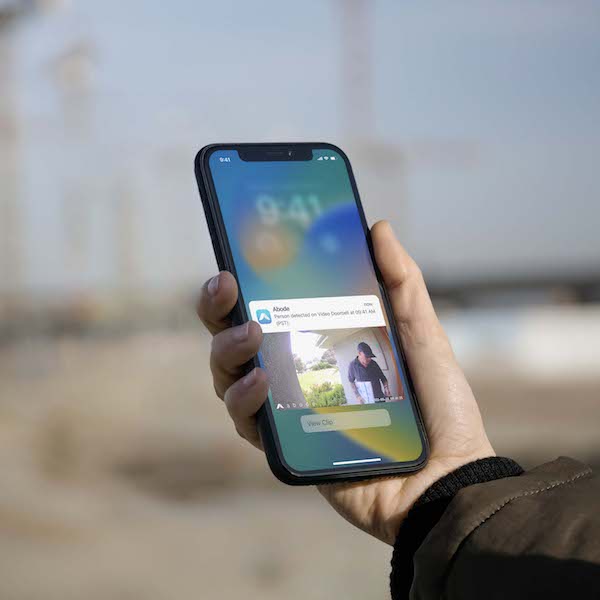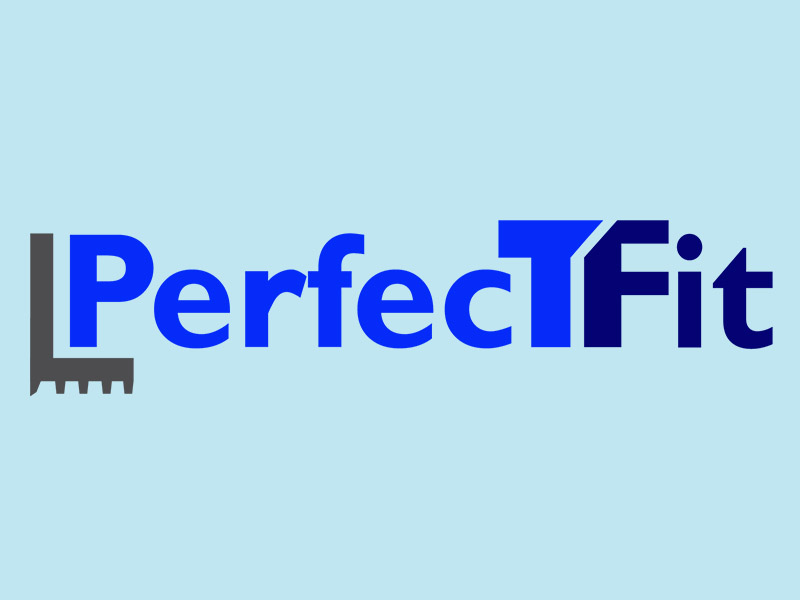The number of connected IoT devices continues to grow globally. In the U.S. alone, 69% of households have at least one smart home gadget. Smart home automation products have changed how we live, providing control at our fingertips and making our homes more comfortable. But at the same time, the connectivity we get from the internet of things (IoT) also comes with risks to our privacy.
Cyber threats are a real concern, with 62 % of smart home device owners expressing worry about unauthorized access and control of their devices. With growing adoption of smart home automation by tech-savvy consumers, safeguarding customers’ private information will prove beneficial to both an organization’s reputation and its bottom line.
What’s in the Cloud?
You can use smart home automation to help you add additional protection for your family, your home, as well as your business. For example, when you leave your home — a smart lock can automatically lock your doors or activate lighting with a voice command, sensors, a smart home app, or a timer.
While cloud-connected smart home devices may be the norm, they also raise questions about potential security risks. For instance, if there is a security breach with your service provider, sensitive personal information could be exposed. When making your home smarter, consider whether the devices you choose can work on their own without needing the internet. This is called local control — devices that only require Wi-Fi.
Locally controlled smart home devices are reliable and have longevity because they can operate independently of the internet or a remote server. This also means that commands to your smart home automation devices are processed directly on the device, rather than being relayed through a cloud service, ensuring that sensitive information does not leave your home.
Gaining More Independence
When smart home devices are locally controlled, your smart home ecosystem has more flexibility. For instance, you are not tied to the operational changes, subscription models or privacy policies of a third party. You are free to customize your smart home environment, so it adapts to your needs and not the other way around.
What about Alexa or Siri? Are they always listening? Voice assistants typically only activate recording or listening functions when given a specific “wake” command. When they are awake, however, voice assistants can act as search engines, recording information about your buying habits, etc. To boost your privacy, consider using an uncommon “wake” word to minimize accidental recordings, and routinely purge stored data from your account. You can also mute voice assistant speakers to prevent unintended eavesdropping or power off the devices. Amazon, Apple and Google provide instructions on how to delete recordings of your conversations or purchasing history, so this information is not stored indefinitely.
The Power of Customization
A smart home is a safer home because you can customize automation routines that enhance home security systems. You can create security scenes that determine how each device acts in certain situations. For instance, you can set the lights to go on and sound an alarm if there is movement in your house when you are away on vacation.
You can also create the illusion of being home by grouping different lights and setting their schedule to turn on and off automatically. Incorporating security cameras, video doorbells, and smart locks can fortify your living space. There are many scenarios, and the important thing is that you are in control.
As the demand for smart home technology continues to grow, the value of prioritizing privacy, security and reliability cannot be overstated. You can increase your ability to safeguard your privacy and enhance the resiliency of your smart home ecosystem by using locally controlled devices. Nothing is foolproof but you have the power to cut down risks to your privacy and give yourself more peace of mind in the age of growing connectivity. In short, utilizing smart home automation can provide another layer of security, while offering more convenience to our daily lives.









